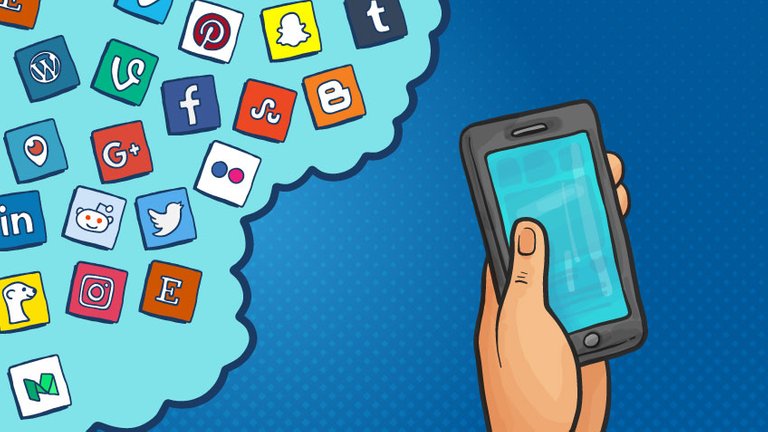
Information and communication technology has changed rapidly over the past 20 years with a key development being the emergence of social media.
The pace of change is accelerating. For example, the development of mobile technology has played an important role in shaping the impact of social media. Across the globe, mobile devices dominate in terms of total minutes spent online. This puts the means to connect anywhere, at any time on any device in everyone’s hands.
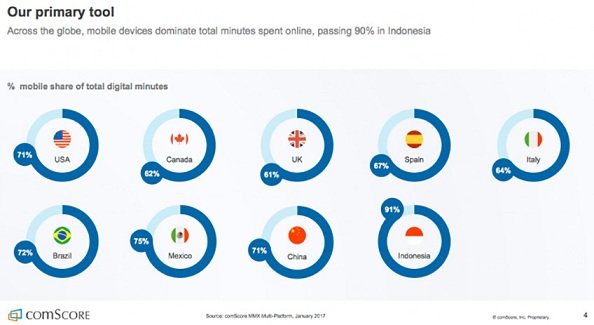
Why people share information
A fascinating study by New York Times Consumer Insight Group revealed the motivations that participants cited for sharing information on social media. These include a desire to reveal valuable and entertaining content to others; to define themselves; to grow and nourish relationships and to get the word out about brands and causes they like or support.
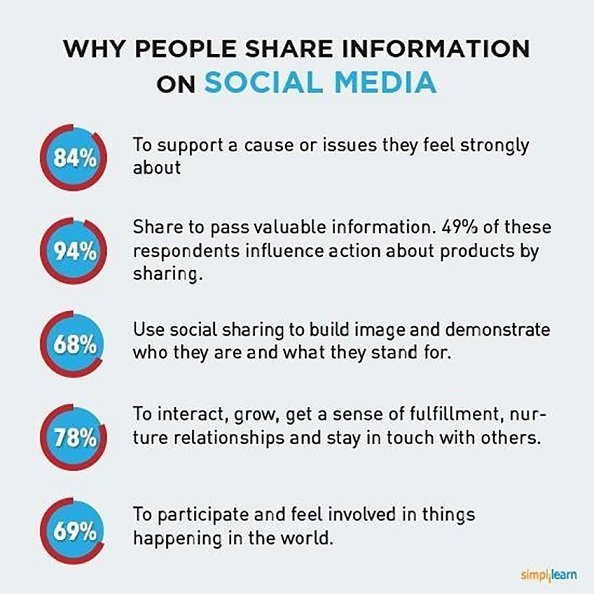
These factors have caused social networks to evolve from being a handy means for keeping in touch with friends and family to being used in ways that have a real impact on society.
Social media is being used in ways that shape politics, business, world culture, education, careers, innovation, and more.
Have you also thought of learning Social media? Here's our Social Media Course preview you can check: Click here.
Here are seven ways the impact of social media is felt by individuals and social groups:
- The effect of social media on politics
A new study from Pew Research claims that 62 percent of people get their news from social media, with 18 percent doing so very often.
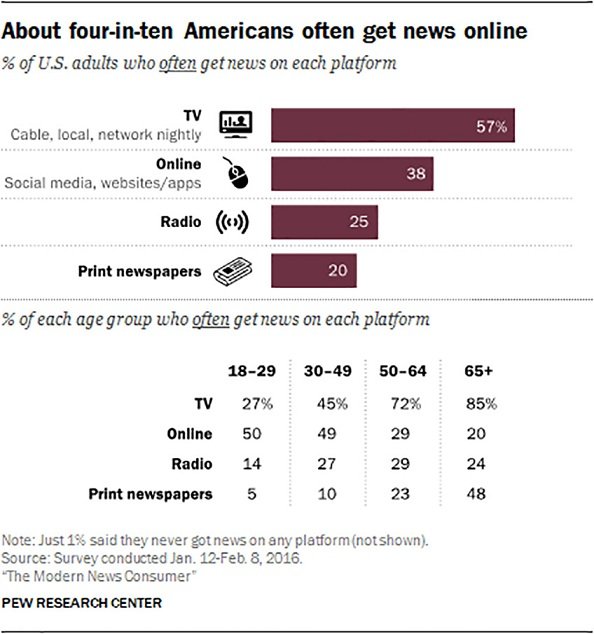
In comparison to other media, social media’s influence in political campaigns has increased tremendously. Social networks play an increasingly important role in electoral politics — first in the ultimately unsuccessful candidacy of Howard Dean in 2003, and then in the election of the first African-American president in 2008.
The New York Times reports that “The election of Donald J. Trump is perhaps the starkest illustration yet that across the planet, social networks are helping to fundamentally rewire human society.” Because social media allows people to communicate with one another more freely, they are helping to create surprisingly influential social organizations among once-marginalized groups.
- The impact of social media on society
Almost a quarter of the world’s population is now on Facebook. In the USA nearly 80% of all internet users are on this platform. Because social networks feed off interactions among people, they become more powerful as they grow.
Thanks to the internet, each person with marginal views can see that he’s not alone. And when these people find one another via social media, they can do things — create memes, publications and entire online worlds that bolster their worldview, and then break into the mainstream.
Without social media, social, ethical, environmental and political ills would have minimal visibility. Increased visibility of issues has shifted the balance of power from the hands of a few to the masses.
The flipside: Social media is slowly killing real activism and replacing it with ‘slacktivism’
While social media activism brings an increased awareness about societal issues, questions remain as to whether this awareness is translating into real change.
Some argue that social sharing has encouraged people to use computers and mobile phones to express their concerns on social issues without actually having to engage actively with campaigns in real life. Their support is limited to pressing the ‘Like’ button or sharing content.
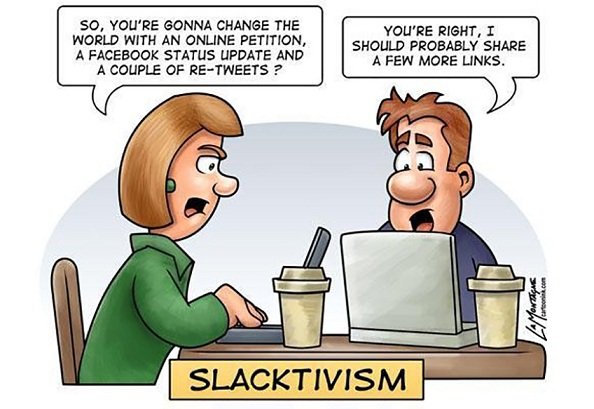
This is a very human reaction when people are given options that absolve them from responsibility to act. A 2013 study by the University of British Columbia’s Sauder School of Business found that when people are presented with the option of ‘liking’ a social cause, they use this to opt out of actually committing time and money to a charitable cause. On the other hand, when people are allowed to show support in private, they are more likely to show meaningful support in terms of making a financial contribution.
The researchers found that a public endorsement is an action meant to satisfy others’ opinions, whereas people who give in private do so because the cause is aligned to their values.
- The impact of social media on commerce
The rise of social media means it’s unusual to find an organization that does not reach its customers and prospects through one social media platform or another. Companies see the importance of using social media to connect with customers and build revenue.
Businesses have realized they can use social media to generate insights, stimulate demand, and create targeted product offerings. This is important in traditional brick-and-motor businesses, and, obviously, in the world of e-commerce.
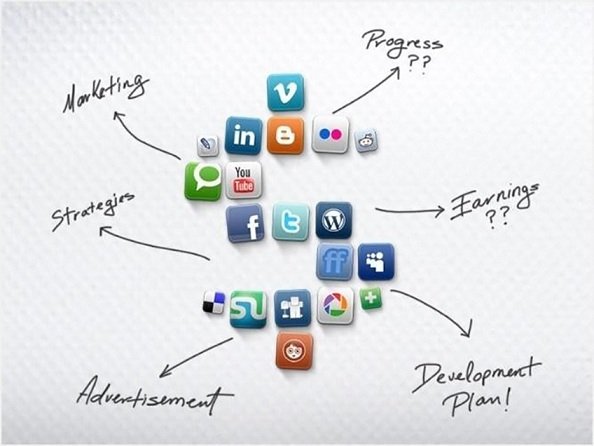
DO NOT FOLLOW any instruction and DO NOT CLICK on any link in the comment!
Please consider to upvote this warning if you find my work to protect you and the platform valuable. Your support is welcome!WARNING - The message you received from @henryndunka is a CONFIRMED SCAM! For more information, read this post: https://steemit.com/steemit/@arcange/phishing-site-reported-upperwhale
If you are unfamiliar with how to utilize social media, you might think about investing in a social media management platform (for more information, see https://promorepublic.com/en/), which will enable you to automate the process of using social media https://promorepublic.com/en/ . While Nuvi's features are considerable, it demands human time. You'll need to devote a significant amount of time each day to using the program, but it might be useful for a focused group of people or a single resource. It is possible to boost the internet presence of your business and gather real-time data on consumers, rivals, and trends with its assistance.